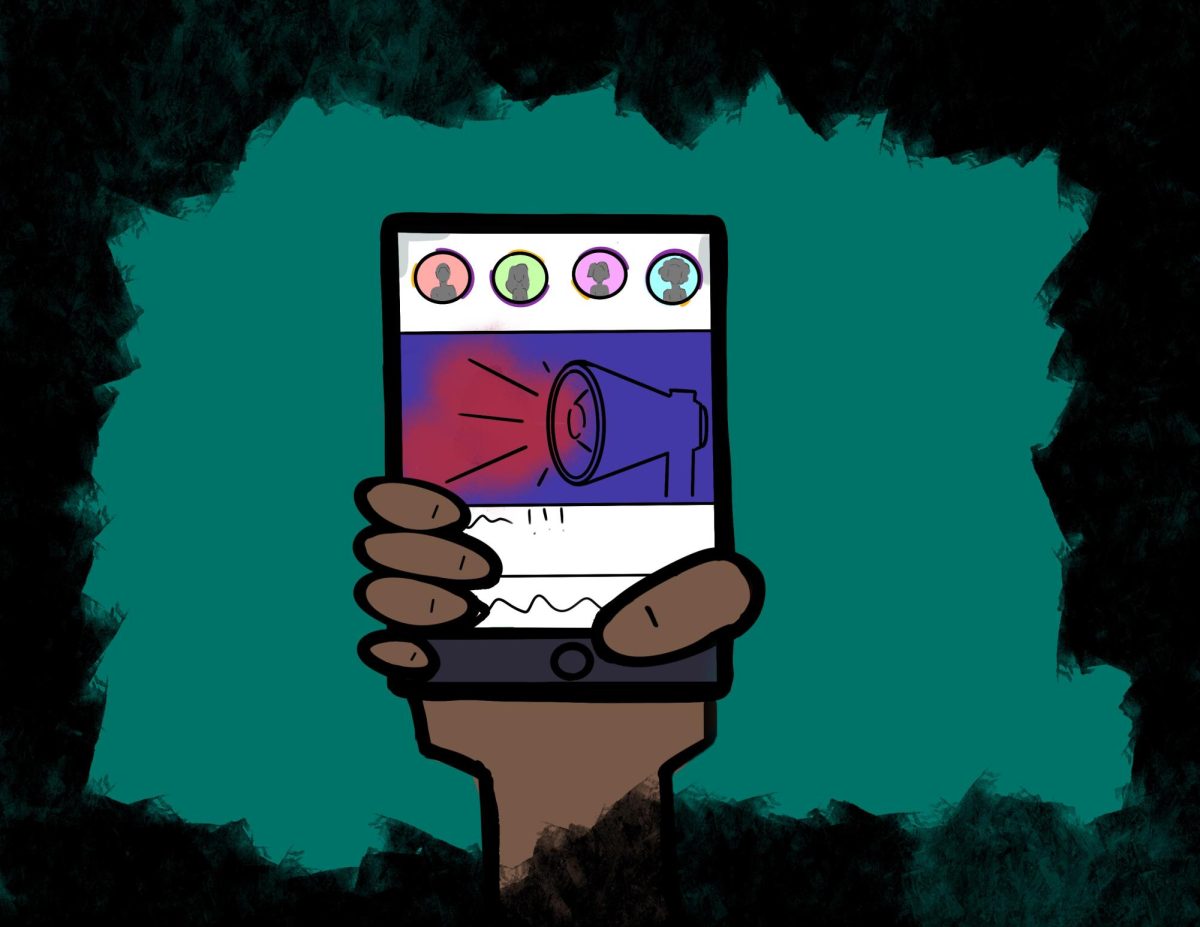My Tiktok For You Page has recently been flooded with a new trend: women are calling out their boyfriend’s for what they perceive as petty behavior and titling their posts ‘The Moment I Realized I Fell Victim to the Sassy Man Apocalypse’.
In a noteworthy exploration of the evolving landscape of gender roles, it is imperative to clarify my intention is not to endorse their inherent goodness, nor to assert their necessity. Instead, I am placing the focus on the intricate facets that have emerged during this transformation–a conversation of paramount significance. Sass, typically associated with feminine behavior, seems to be making a shift to being embraced by men in bi-gender relations. In this day and age, some are suggesting that male chivalry is facing its own transformation, or perhaps, even demise.
It all began with a few humorous videos, but it didn’t take long for the ‘Sassy Man Apocalypse’ trend to go viral. TikTok users, predominantly women, started sharing short clips in which they captured their boyfriends reactions to confrontations over seemingly trivial matters. These videos documented the essence of pettiness. What was most striking, however, was that these perceived acts of sass were no longer exclusive to women in the relationship.
This trend challenges these stereotypical gender norms, suggesting a revolution within the way we form relationships with one another and drastically reshaping the very concept of love.
With the development of online dating, individuals have the ability to connect and communicate without the face-to-face interaction that used to define the early stages of romance. Gone are the days when courtship was characterized by handwritten love letters, hundreds of dollars spent on bouquets, and painstakingly planned dates. This shift has given a rise to a more casual and convenient approach to dating, where the dynamics of power and emotional expression have changed. The ease with which people can initiate contact and maintain multiple relationships simultaneously yields a more polyamorous approach to dating. Conversations can be fleeting, and the pressure to establish a deeper connection often takes a backseat to the allure of novelty.
This new nature of online dating can lead to superficial connections, where genuine and emotional depth is sacrificed for sexual convenience. With so many options at their fingertips, some individuals may struggle to commit or fully invest in any one relationship. This is often correlated with a tendency for men and women to take each other for granted.
As both men and women are navigating this new world of dating on more equal terms, women are empowered to make the first move and express their desires openly, while men are encouraged to be more emotionally vulnerable and attentive (a notion I fully endorse). However, it is important to acknowledge that this shift comes with its own set of challenges.
Perhaps the most contentious aspect of this transformation is the potential decline of traditional male chivalry and perseverance. Both women and men are beginning to meet in the middle rather than relying on stereotypical displays of chivalry to kick off a relationship.
In the past, these acts of chivalry were seen as demonstrations of commitment and respect. However, the digital dating landscape has blurred these lines. Some argue that men, feeling less pressure to conform to these outdated norms, may put in less effort to court their romantic interests. While traditional notions of chivalry may be evolving, the essence of genuine respect, communication, and emotional connection should remain as important as ever.
Furthermore, the modern feminist movement has challenged gender roles within relationships. Encouraging both men and women to redefine their limiting expectations fosters a more inclusive and equitable approach to love and partnership. However, the way that some men interpret the progress made in gender equality produces adversity to the movement. While feminism seeks to empower both men and women, it doesn’t mean that either person can put less effort into their relationship. Unfortunately, there are many instances where men tend to perceive this development as an opportunity to become complacent in their romantic endeavors.
This can manifest in different ways, such as reduced emotional investment, decreased efforts in communication, or a lack of appreciation for their partner’s contributions to a relationship. In these situations, women may find themselves overthinking and compensating for their partner’s perceived laziness. They might feel the need to take on more responsibilities or put in extra effort in maintaining the relationship, all while questioning why their partner seems less engaged.
This disrupts the balance and mutual effort that is essential for any healthy partnership. Instead of fostering the equitable relationships that feminism promotes, some relations may fall into patterns of imbalance and frustration. It’s important to recognize that the goal of the feminist movement is not to encourage complacency in relationships. Rather, it seeks to create relationships built on mutual respect, open communication, and shared responsibilities.
In essence, the ‘Sassy Man Apocalypse’ trend may seem light-hearted or humorous, but it underscores a deeper and often unrecognized societal shift. As we navigate these changing waters, it’s clear that love and relationships are taking on new and exciting forms that challenge old norms and create a more equal playing field for all. With these achievements in mind, we must begin to recognize the rapidly evolving nature of dating, and even love.

